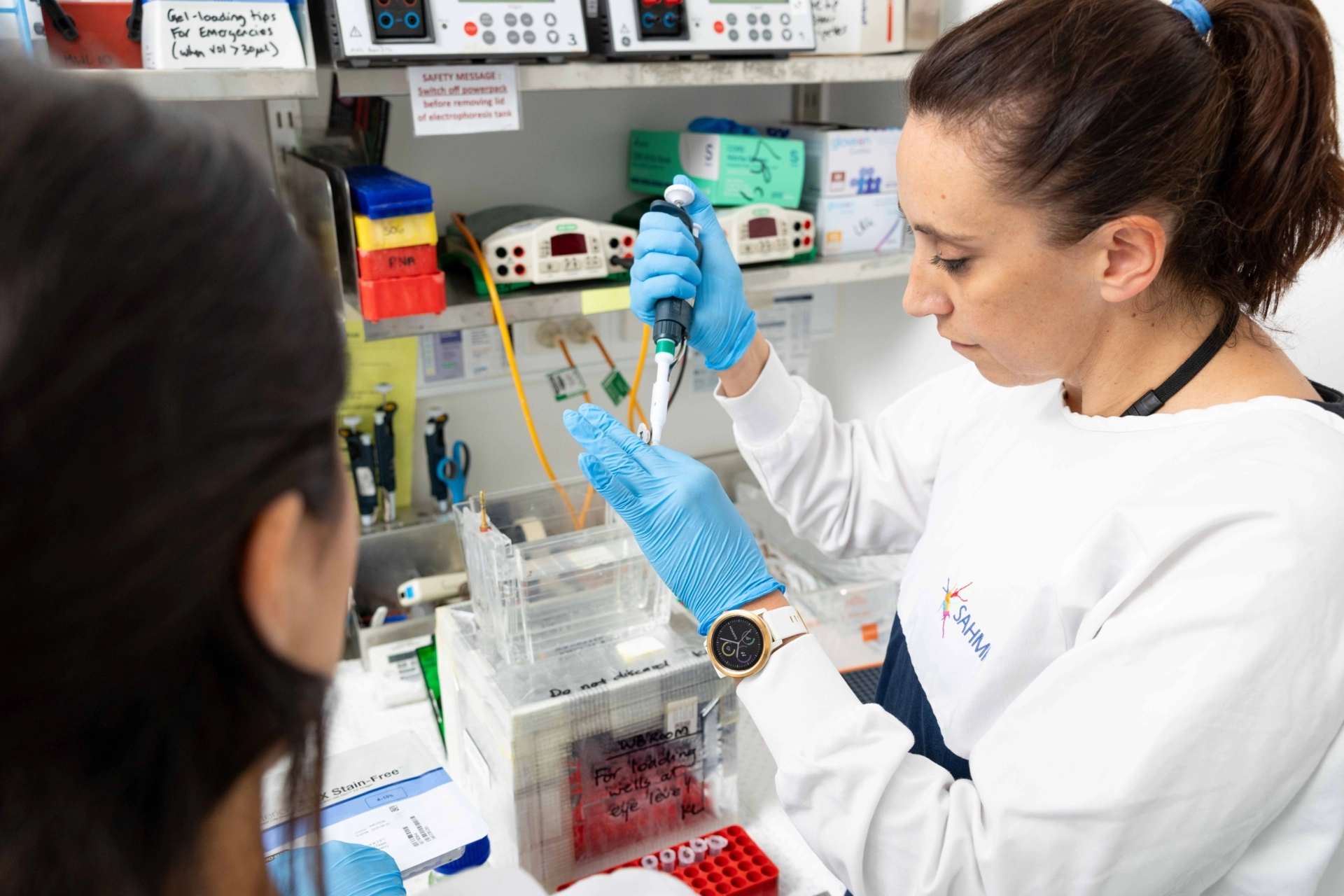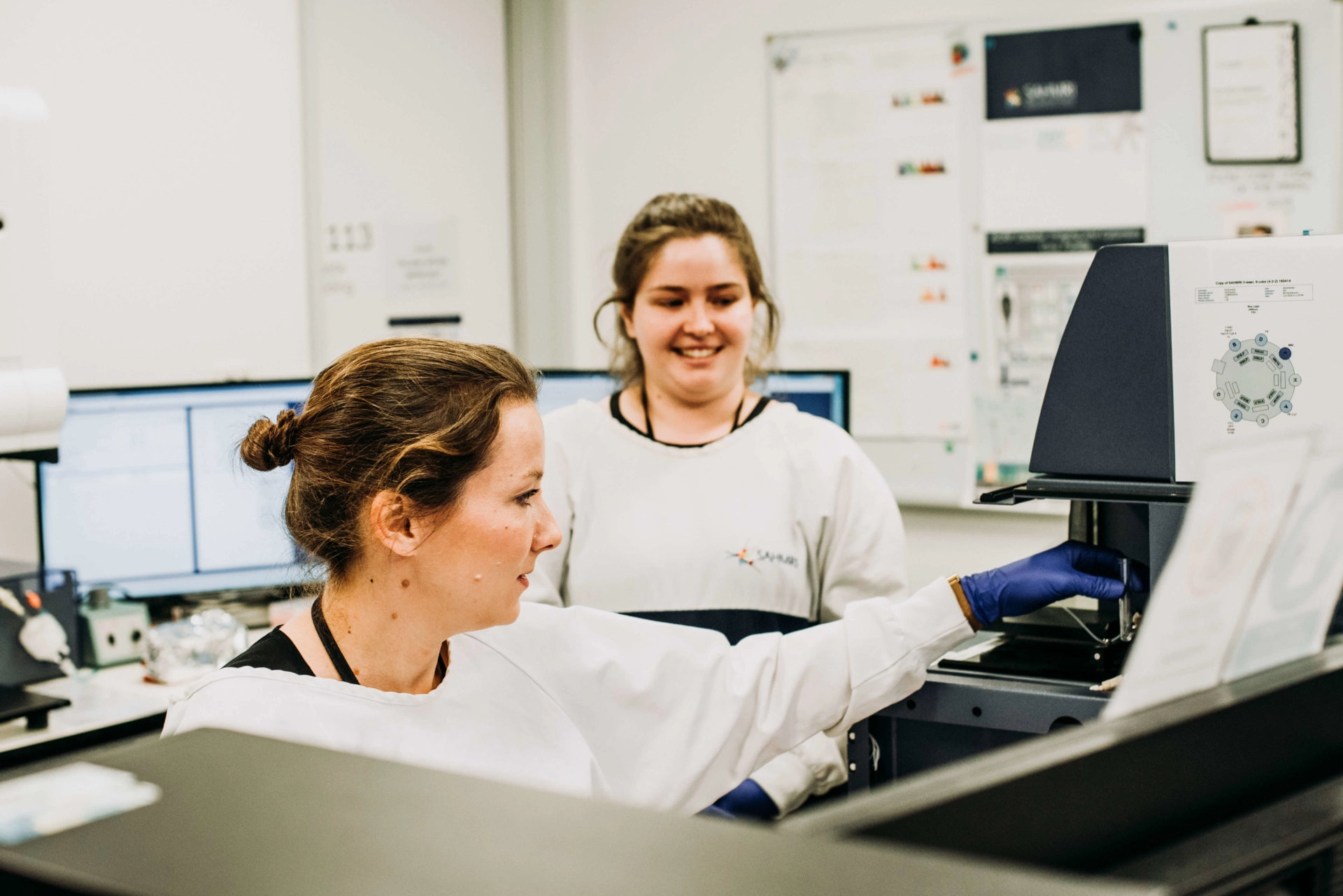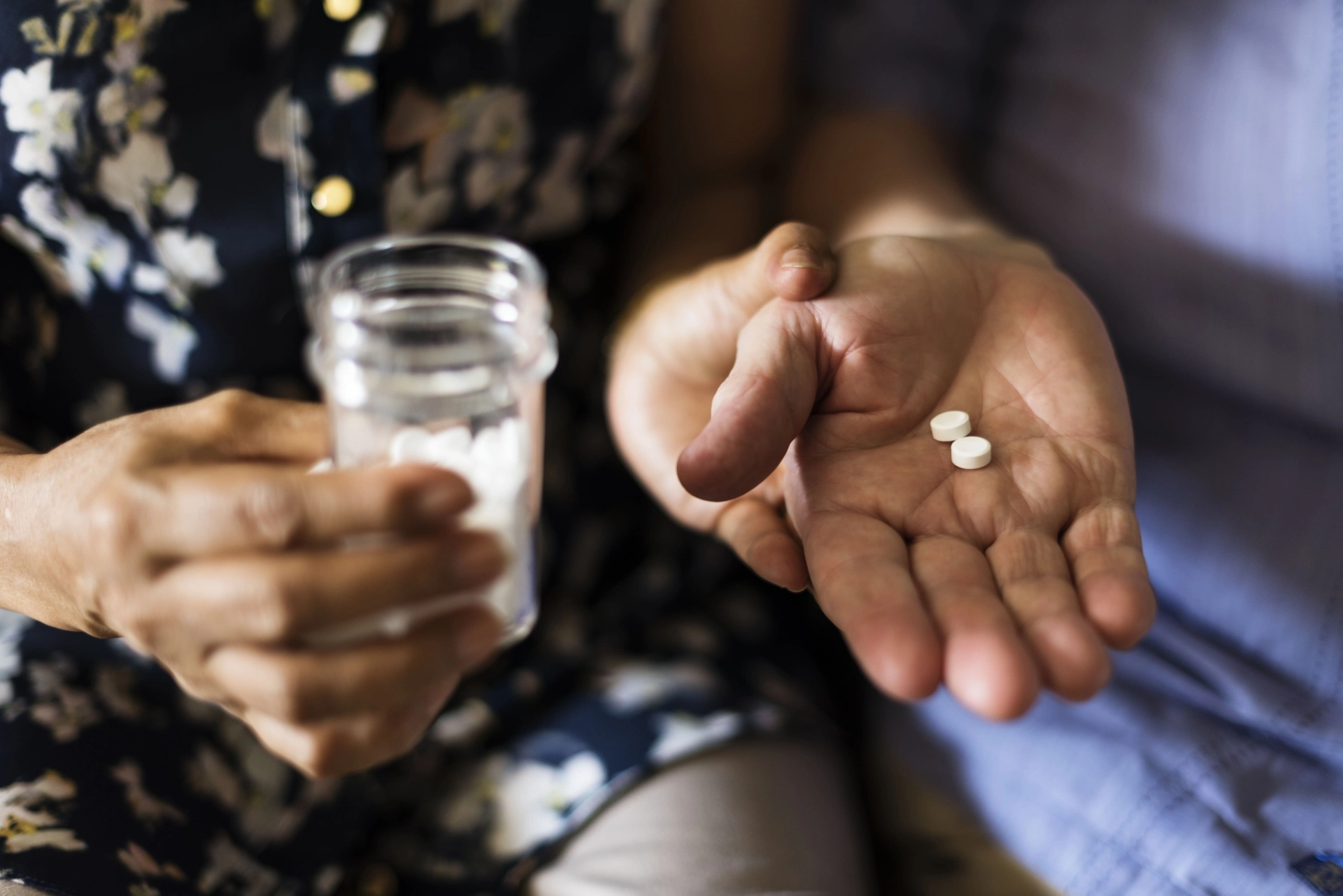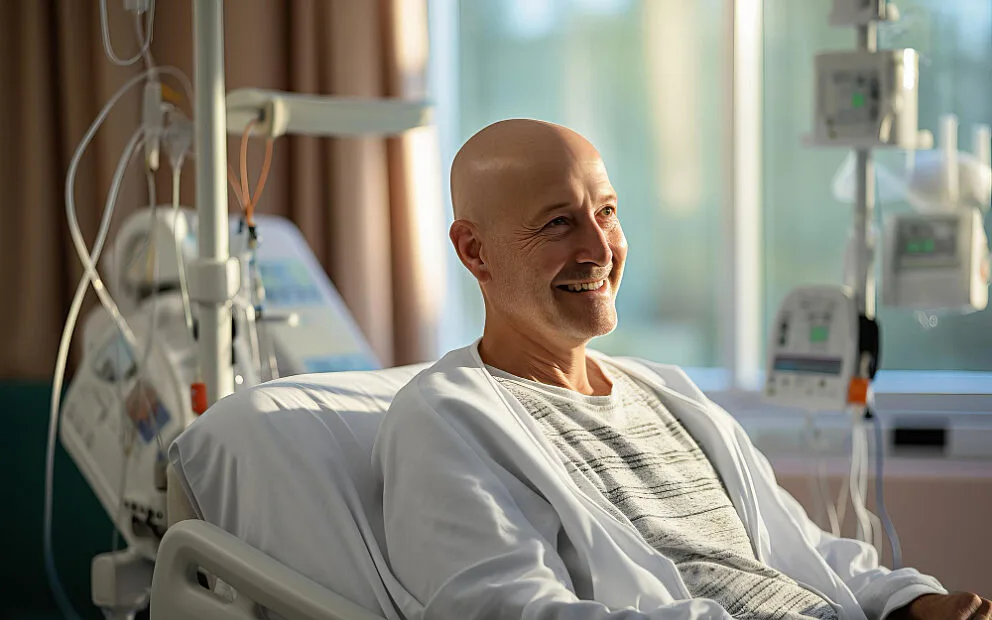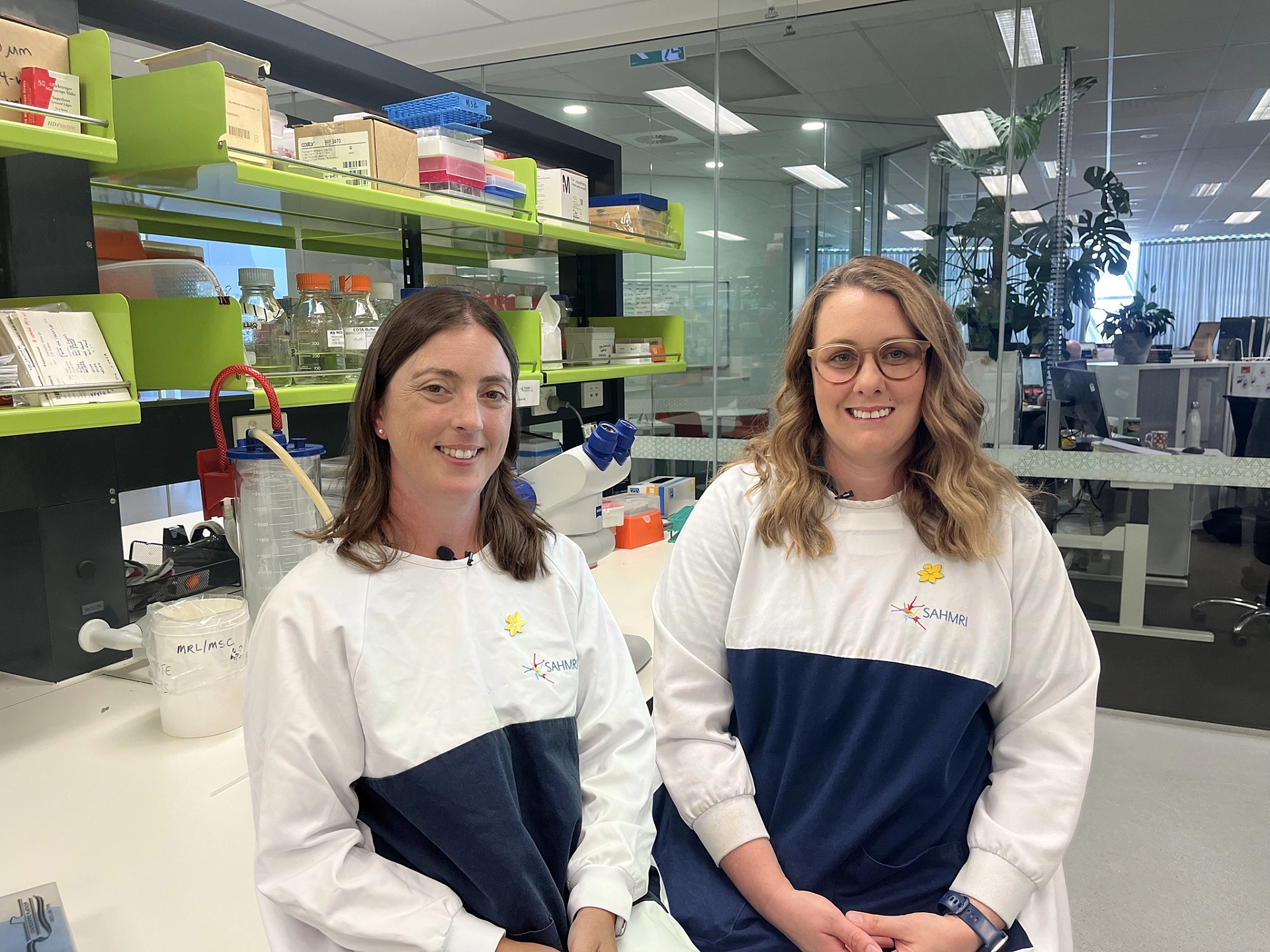This Blood Cancer Awareness Month, SAHMRI is featuring the life-changing work of its researchers spearheading the pursuit of better treatments and improved quality of life for the millions of people living with blood cancer.
An estimate one in 12 Australians will be diagnosed with blood cancer in their lifetime, equal to eight per cent of the population.
Overall cases have increased by 36 per cent in the past decade, making it one of the fastest-growing cancers. This year alone, more than 20,000 Australians will be diagnosed with blood cancer and related blood disorders, and by 2035 that number is predicted to double. It’s also the most common cancer in children and adolescents, responsible for around one in every two cancers under the age of 19.
Acute Lymphoblastic Leukaemia (ALL) Research Group
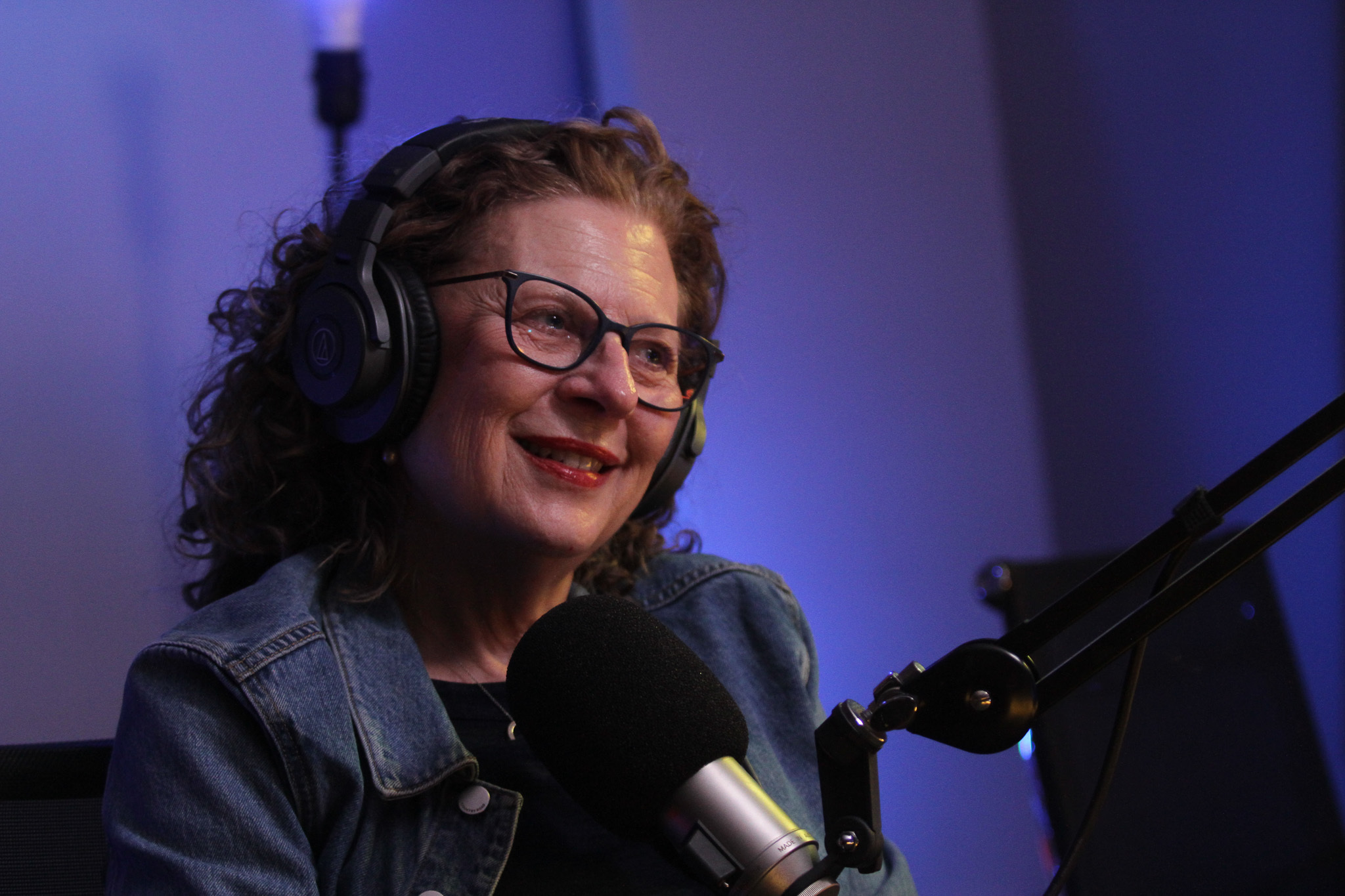
Improving outcomes for acute lymphoblastic leukaemia
Professor Deb White leads SAHMRI’s ALL Group, together with Clinical Professor David Yeung, she established a national program delivering comprehensive genomic analyses for all ALL patients of all ages with the aim of improving diagnosis and developing a detailed understanding of disease biology.
These insights inform new therapeutic approaches, guide more personalised treatments that balance effectiveness with reduced toxicity.
Prof White also leads the National ALL-IMMUNE and Late Effects Clinical Registry Studies (funded through MRFF and LFA) investigating the role of the gut microbiome in disease development and therapeutic response and relapse. In addition, Prof White leads the ALL Late-Effects study in collaboration with Prof David Lynn’s team which addresses the long-term health challenges for survivors of ALL. Prof White’s team is using patient-derived models to explore microbiome-based and dietary interventions to improve therapy response and decrease toxicity for patients with ALL.
Chronic Myeloid Leukaemia (CML) Research Group
Achieving treatment-free remission
Throughout the past decade, Clinician Researchers Professors Tim Hughes, David Yeung and Dr Naranie Shanmuganathan, have led a number of national and international trials that established the role of targeted therapies in CML.
Professor Hughes recently led the worldwide first-in-human trial of asciminib as first-line of therapy in CML. This study demonstrated, in CML patients, superior outcomes with asciminib compared to previous treatments dramatically improving quality of life for patients.
This research group also has a focus on treatment free remission (TFR), where patients remain in remission after stopping therapy. The number of patients that can attempt and successfully achieve TFR has been improving over the past decade.
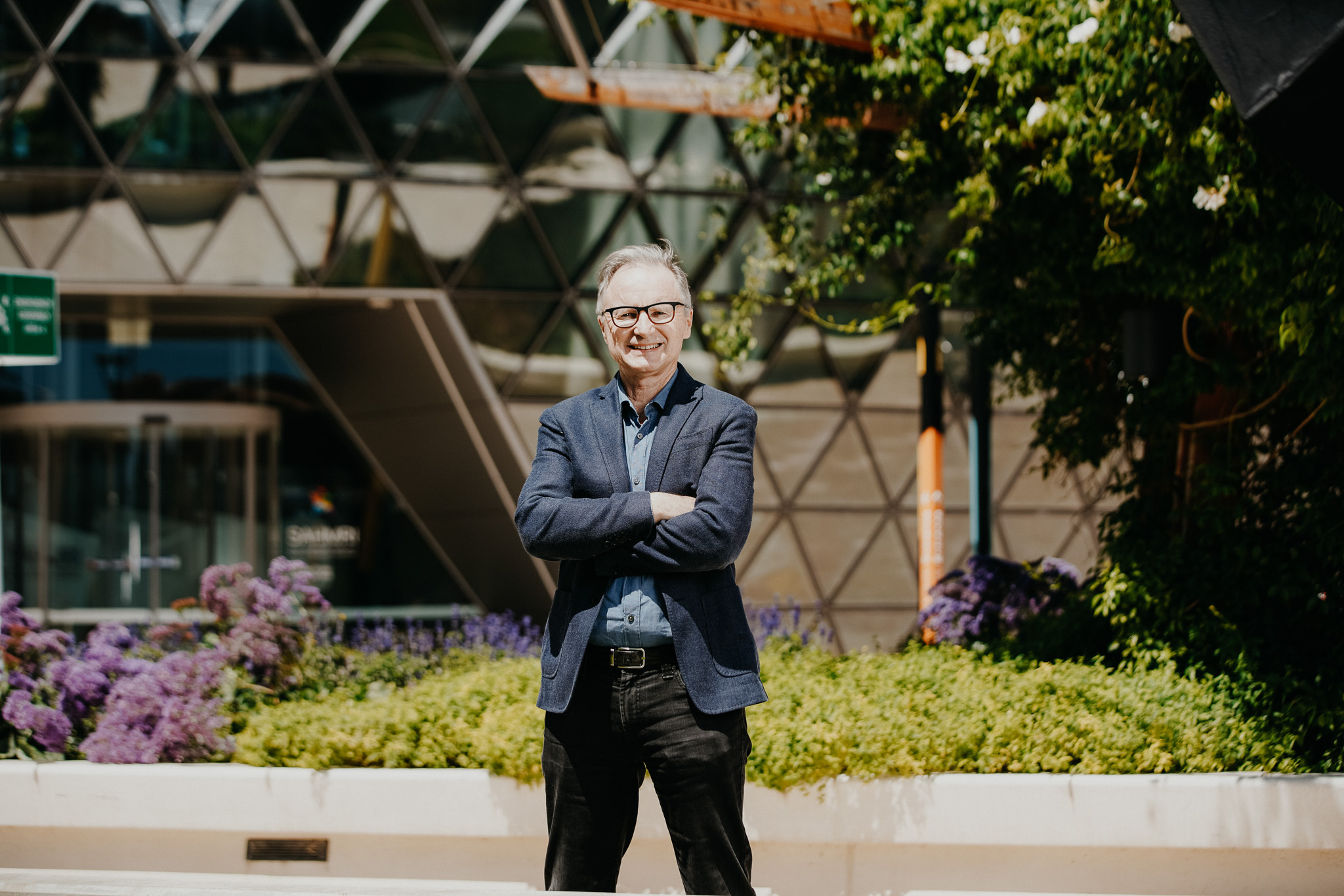
Myeloid Metabolism Research Group
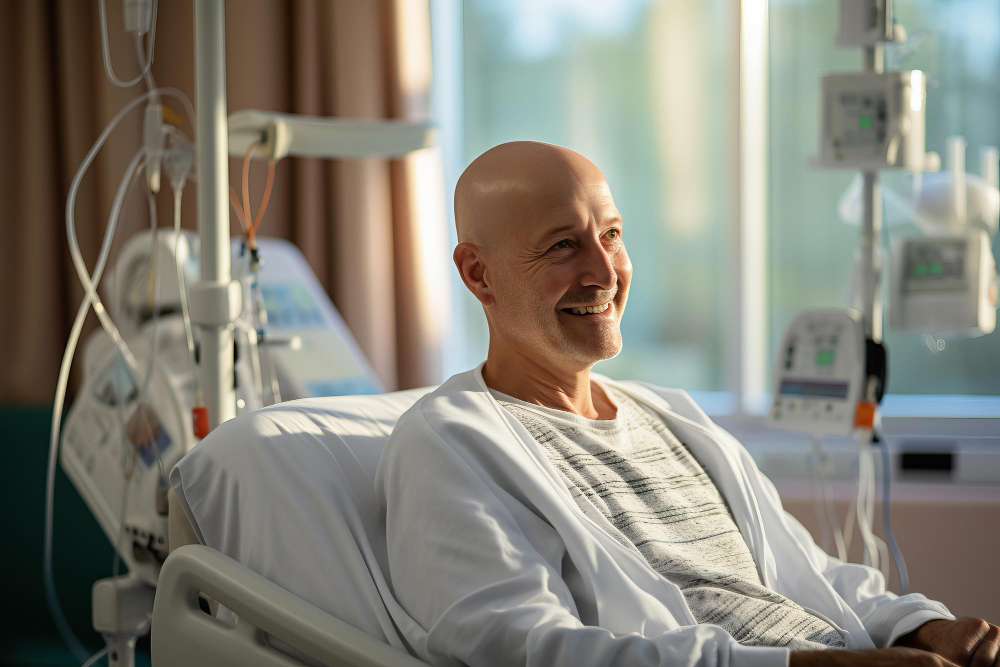
A new lifeline for chronic myelomonocytic leukaemia (CMML)
One of Associate Professor Dan Thomas’s latest projects involves leading a national clinical trial testing the first precision therapy for CMML, a rare and aggressive adult blood cancer with few treatment options. Using an antibody that shuts down the growth signal for cancer cells, early results from the PREACH-M trial showed significant benefit for some patients, including a number of those who previously had no viable treatment options are now in long-term remission for the first time.
The trial is partly supported by the Leukemia and Lymphoma Society in the United States and is helping to position Adelaide at the forefront of global research into rare blood cancers.
Working alongside A/Prof Thomas is Dr Vashe Chandrakanthan, recruited by SAHMRI’s Blood Cancer Program to optimise a human bone marrow micro-environment based on the regulators that he discovered in the first steps of blood formation. Supported by a fellowship from Maddie Riewoldt’s Vision, Dr Chandrakanthan’s work is addressing one of the key problems in the rapid translation of new therapies for patients with blood cancer, a lack of sophisticated humanised pre-clinical live models.
Scientists estimate more than 20% of drugs inappropriately fail in early-stage clinical trials, because they weren’t properly testing in an environment that mimics the human bone marrow. The ability to engineer robust humanised models for early testing is anticipated to be a major step forward for regenerative medicine.
Myelodysplastic Syndromes/Acute Myeloid Neoplasms (MDS/AML) Research Group
Doubling survival rates for acute myeloid leukaemia (AML)
The South Australian AML/MDS team continues their work to improve outcomes for patients of this deadly disease, through a comprehensive effort in research and implementing world best practice. Through their tireless effort, a landmark study tracking hundreds of South Australian AML patients has shown survival rates have doubled in the last 2 decades.
Led by SAHMRI’s Clinician Researcher Associate Professor Devendra Hiwase, the team continues to collaborate with international partners on multiple projects, including the assessment of age and frailty on treatment outcomes, the intersection between inflammation, cardiovascular disease and bone marrow stem cell mutations, as well as secondary blood cancers in survivors who have had chemotherapy for a previous cancer.
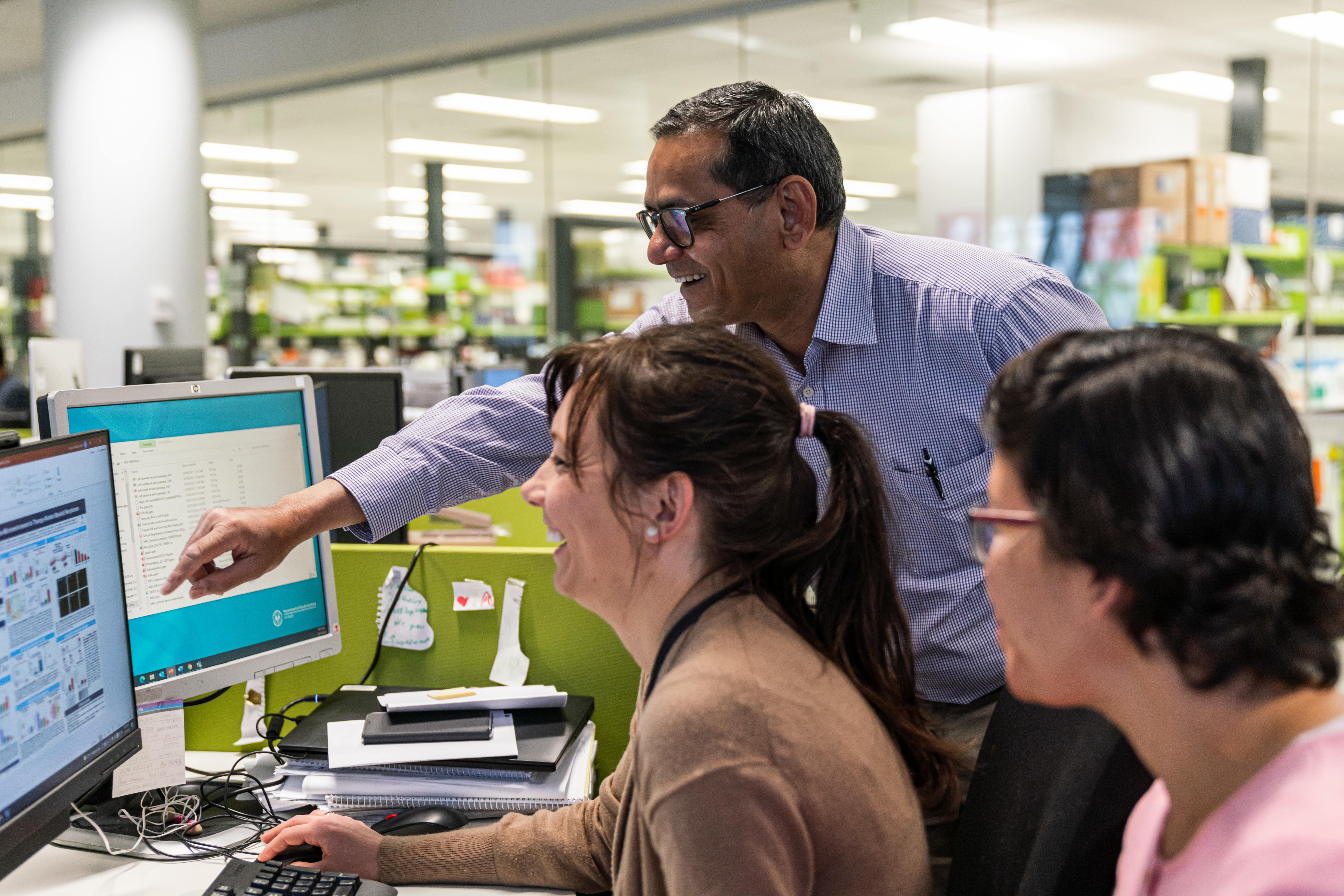
SAHMRI’s next generation of blood cancer researchers
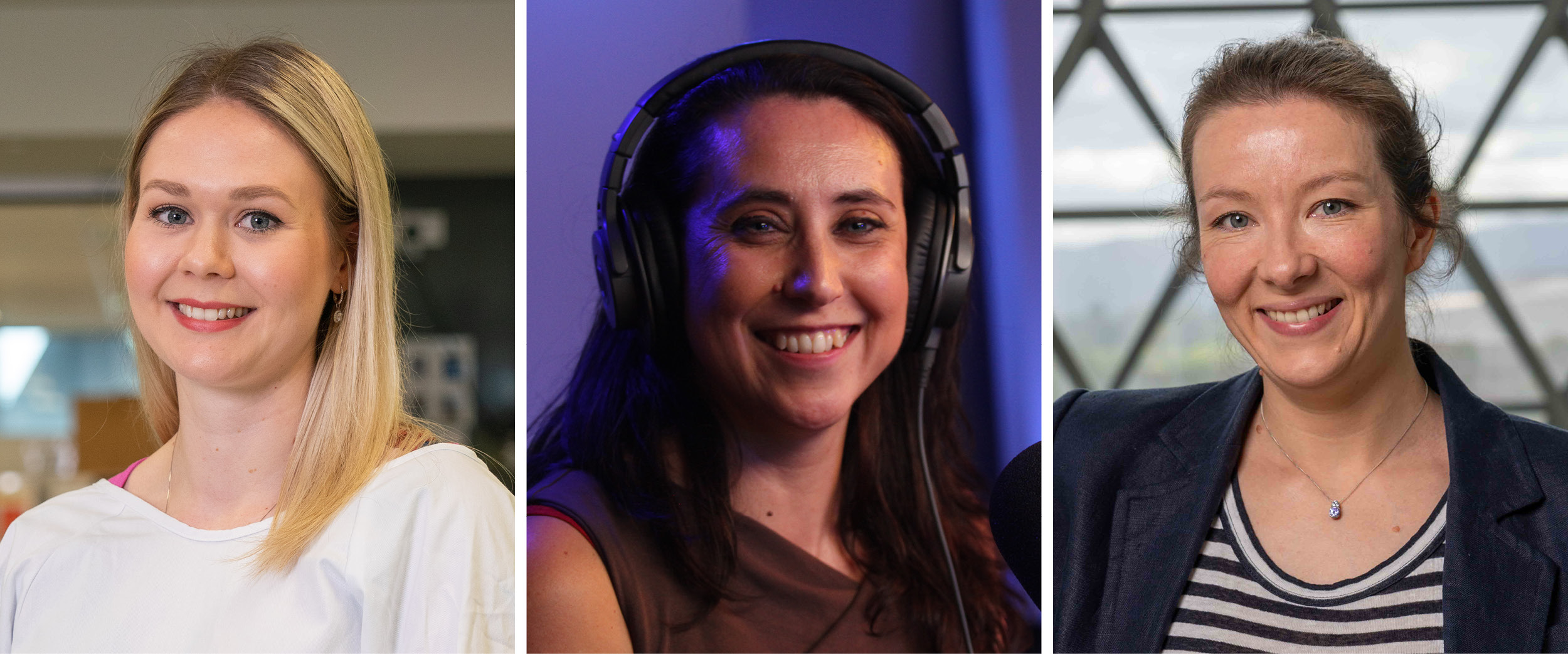
Dr Elyse Page
Dr Elyse Page is a SA Cancer Council Early Career Researcher (ECR). She completed her PhD in Professor White’s group and now works for her as an ECR. Dr Page is investigating new driver genes and novel therapies for children with ALL. Her project, supported by SAHMRI’s Discovery Circle, focuses on identifying biomarkers to predict which patients are at risk of developing ALL in the central nervous system (CNS), where relapse is particularly hard to treat.
Dr Page has used genomic sequencing and proteomic profiling of CNS+ ALL patient samples, to analyse 8,000 proteins and identify critical drivers of chemotherapy resistance. With PhD student Luke Quinlan, Dr Page has also developed a model that mimics the brain environment, showing that leukaemia cells slow their growth under brain-like conditions, a possible explanation for how some survive treatment and relapse.
Dr Ilaria Pagani
Dr Ilaria Pagani has collaborated with Prof Hughes, Prof White and Prof Yeung since migrating from Italy a decade ago. Her research has made a significant contribution to the development of a test that can predict whether a CML patient with stable disease will relapse or not, if they come off their medication, removing the need for the emotionally and physically tumultuous trial and error process, giving patients the confidence to stop treatment when it’s safe to do so.
Dr Laura Eadie
Dr Laura Eadie is a Cancer Council SA Beat Cancer fellow and the T-cell ALL Research Lead. She established the ALL patient-derived models at SAHMRI which the ALL Group now use to test new and repurposed targeted therapies with the goal of improving survival while reducing side effects.
Building on the success of asciminib in CML, Dr Eadie and Elias Lagonik—a PhD student supervised by Prof White—have recently investigated the potential of repurposing the drug to treat acute lymphoblastic leukaemia (ALL), with promising early results soon to be published. These findings support the inclusion of these patients in future asciminib clinical trials, which could provide a lifeline for people with few other options.
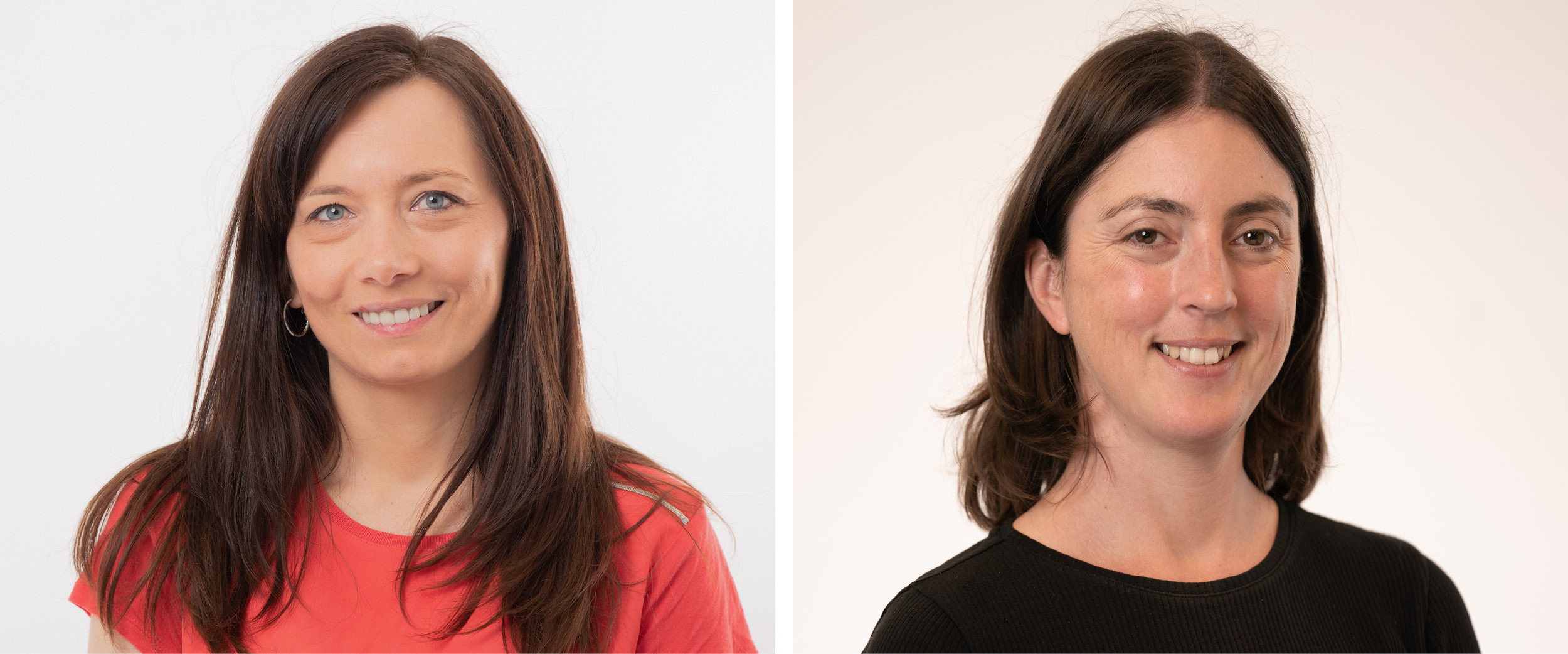
Dr Monika Kutyna
Dr Monika Kutyna is a postdoctoral researcher in the MDS/AML Research Group, working alongside Associate Professor Devendra Hiwase. Her focus centres around better understanding myeloid neoplasms, a group of blood cancers that occur when the bone marrow stops producing healthy blood cells.
Her research has revealed that the bone marrow microenvironment can become “aged” and inflamed following chemotherapy or other cancer treatments, contributing to clonal expansion and the eventual development of therapy-related blood cancers. She’s also shown there’s potential to be able to reverse this process with experimental drugs called senolytics, that clear out damaged cells. This could one day lead to new ways of delaying or even preventing therapy-related blood cancers.
Together, A/Prof Hiwase and Dr Kutyna have built a unique collection of patient and healthy volunteer samples. This resource is helping researchers uncover the causes of blood cancers and work towards more effective treatments for patients in the future.
Dr Jacqueline Noll
Dr Jacqueline Noll is a Cancer Council SA Research Fellow investigating the earliest stages of multiple myeloma. Her research focuses on people with precursor conditions such as monoclonal gammopathy of undetermined significance (MGUS) or smouldering myeloma, who are at higher risk of progressing to full myeloma.
She aims to identify biomarkers and molecular changes that signal when early disease is likely to become aggressive, providing the foundation for earlier intervention and personalised treatment strategies. In addition, Dr Noll’s research is investigating novel therapeutic avenues to prevent cancer progression.
Unlike other cancers, there are currently no screening programs available for blood cancer and no proven lifestyle changes to help prevent it. These unique challenges make the need for ongoing investment in SAHMRI's Blood Cancer Program even more crucial.
